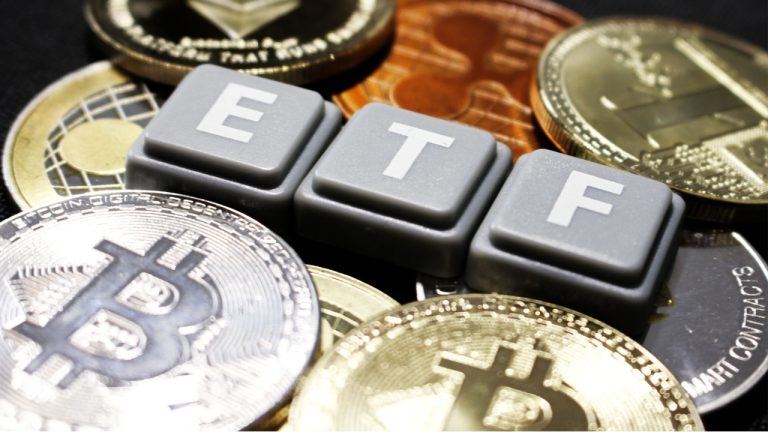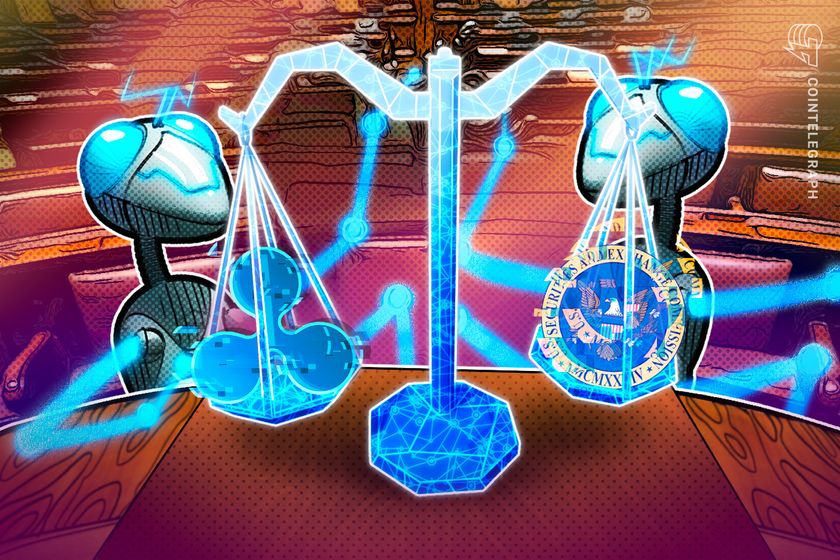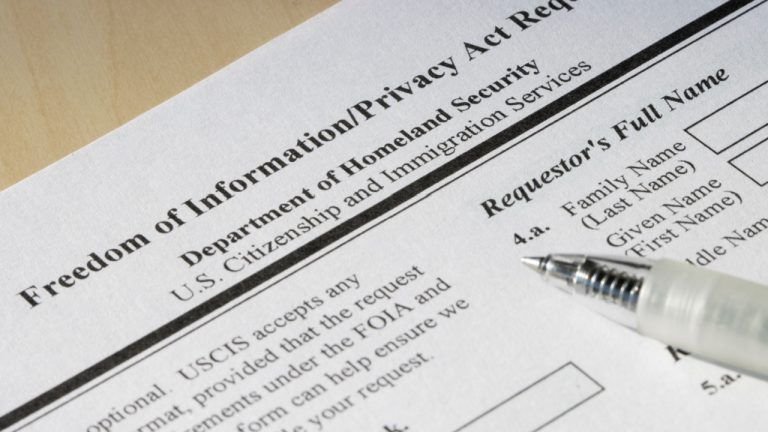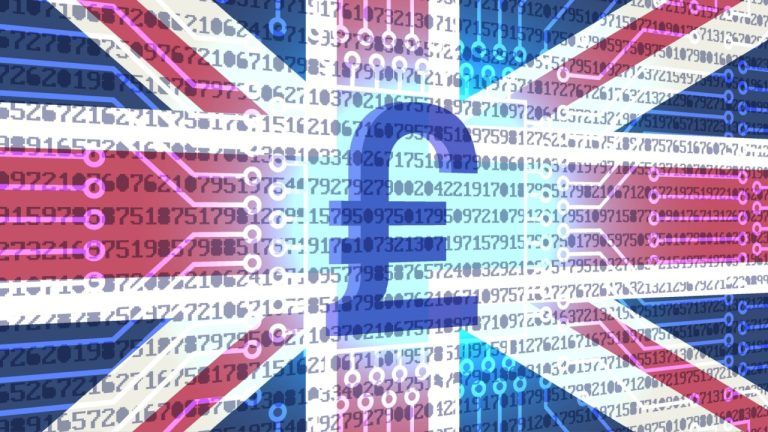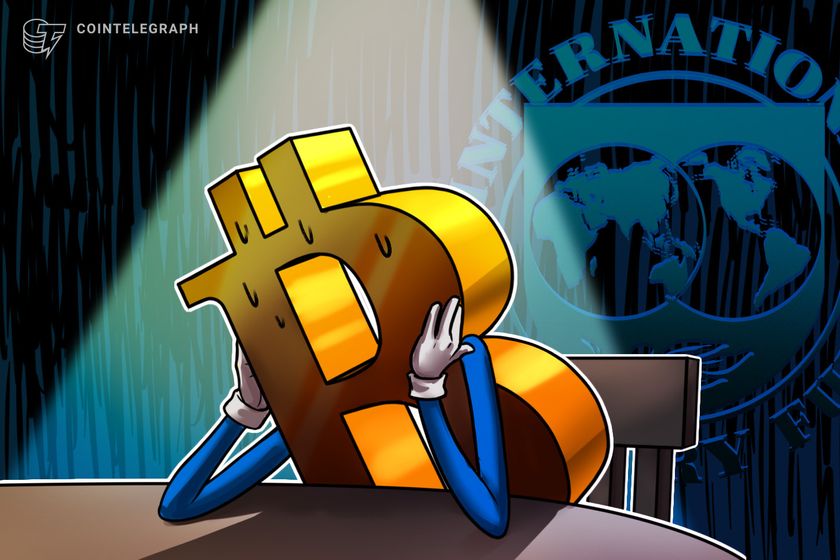
The Clearing House stands up for bank rights, opposes CBDC in comments for US Treasury

The payments operator responded to a Treasury inquiry related to the presidential executive order with an appeal to keep bank interests in sight when designing digital assets.
United States payment systems operator The Clearing House has released its response to a Treasury Department request for comment on “digital-asset-related illicit finance and national security risks as well as the publicly released action plan to mitigate the risks.” The Clearing House found significant security serious risks associated with digital assets, but was concerned that banks should have the same opportunities to participate in the market as nonbanks.
The Treasury Department issued its request for comments Sept. 20 as part of its ongoing response to President Joe Biden’s Executive Order 14067 of March 9, 2022, “Ensuring Responsible Development of Digital Assets.” In its 22-page response letter, The Clearing House addresses some of the questions posed by the Treasury, and it highlights five main points that its sees as ways to mitigate national security and illicit finance risks posed by privately issued non-bank digital assets (many cryptocurrencies and stablecoins) and U.S. government tokens (CBDCs). The letter, dated Nov. 3, was made public on Nov. 10.
Leaders from #fintech and traditional financial services agree: a government token (central bank digital currency #CBDC) is a “perilous societal prospect” https://t.co/AO1Jo2Gm8L
— The Clearing House (@TCHtweets) October 28, 2022
The Clearing House called for a federal prudential framework with standards for digital assets service providers that are equivalent to those for depository financial institutions engaged in functionally similar activities. Furthermore, banks “should be no less able to engage in digital-asset-related activities than nonbanks.”
The company minces no words on CBDC, stating:
“The risks associated with the possible issuance of a CBDC in the U.S. outweigh its potential benefits and, therefore, it should be determined that a CBDC is not in the national interest.”
In the event the United States decides to adopt a CBDC, “the foundational requirements in place to prevent criminal and illicit use of commercial bank money must be applied to a U.S. CBDC in such a way that criminal actors are not incentivized to use CBDC,” the company writes.
Related: US Treasury report encourages instant payment, recommends more CBDC research
The Clearing House sees limited appeal for a U.S. CBDC in any case:
“Intermediaries must have a clear business case for assuming the customer identification/identity verification, AML/CFT screening, and sanctions compliance obligations, particularly as the risks associated with such assumption may, without fees, be unsupported by the low margins typically associated with the provision of custodial services.”
The Clearing House is owned by 23 banks and payment companies. It was founded in 1853.
Go to Source
Author: Derek Andersen

